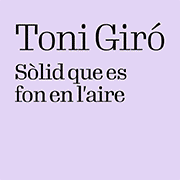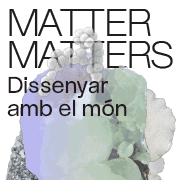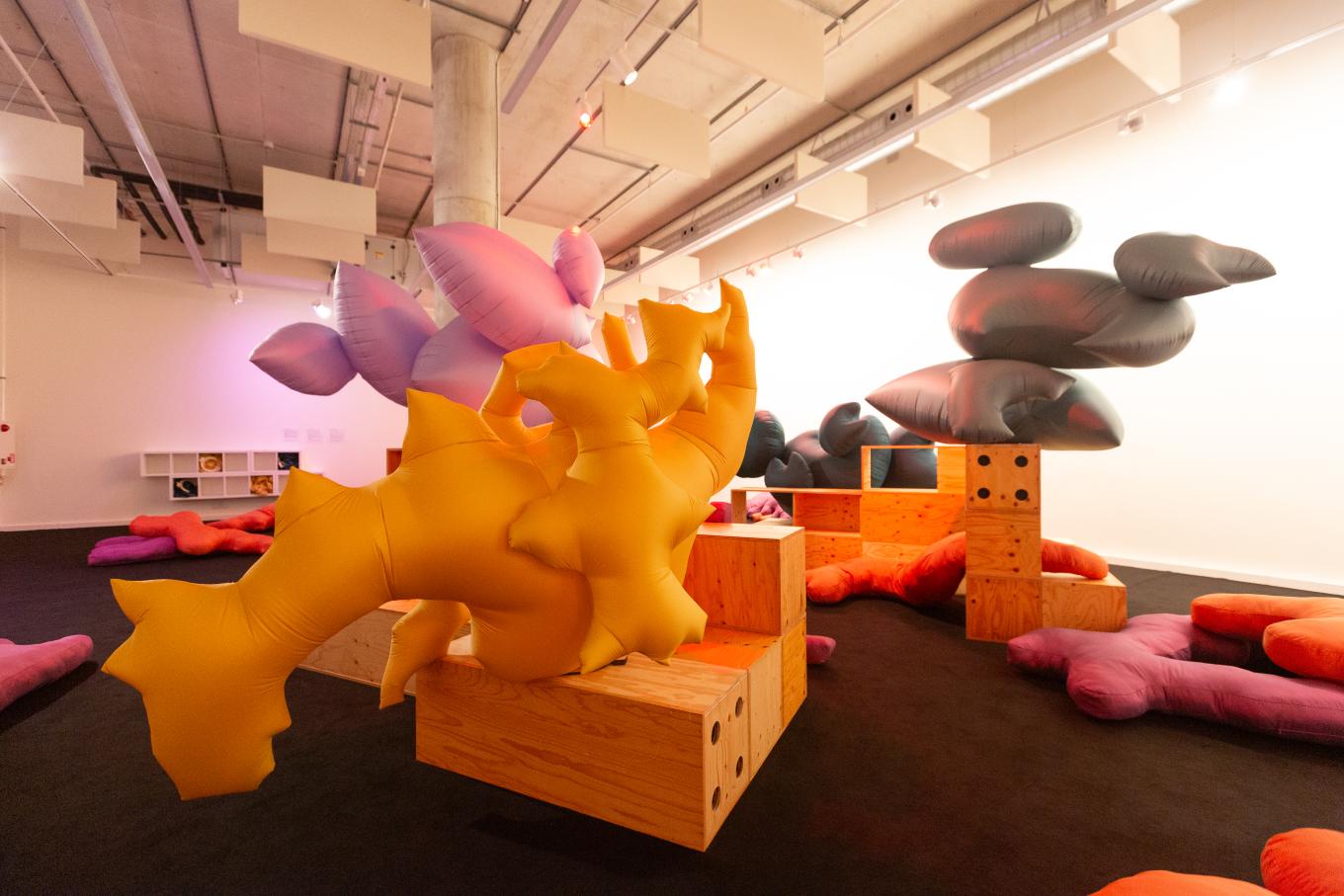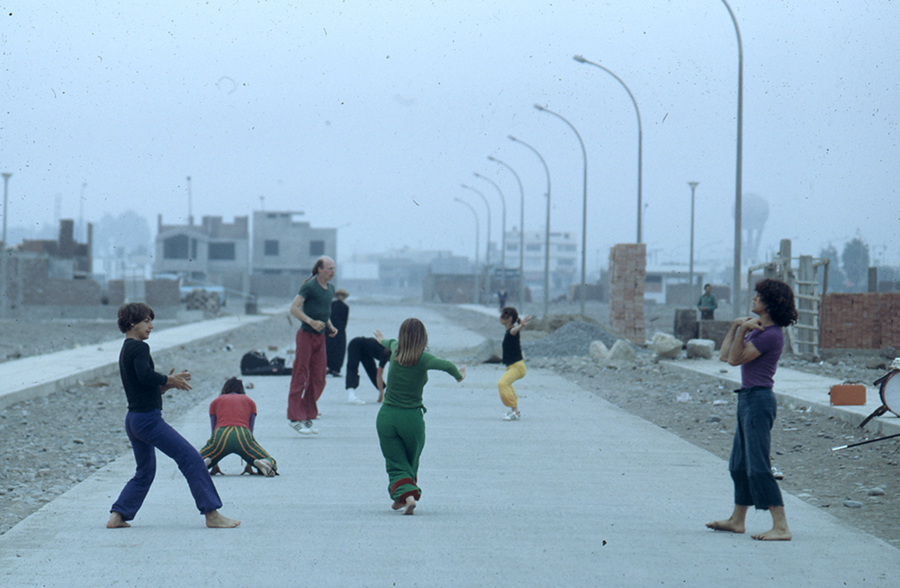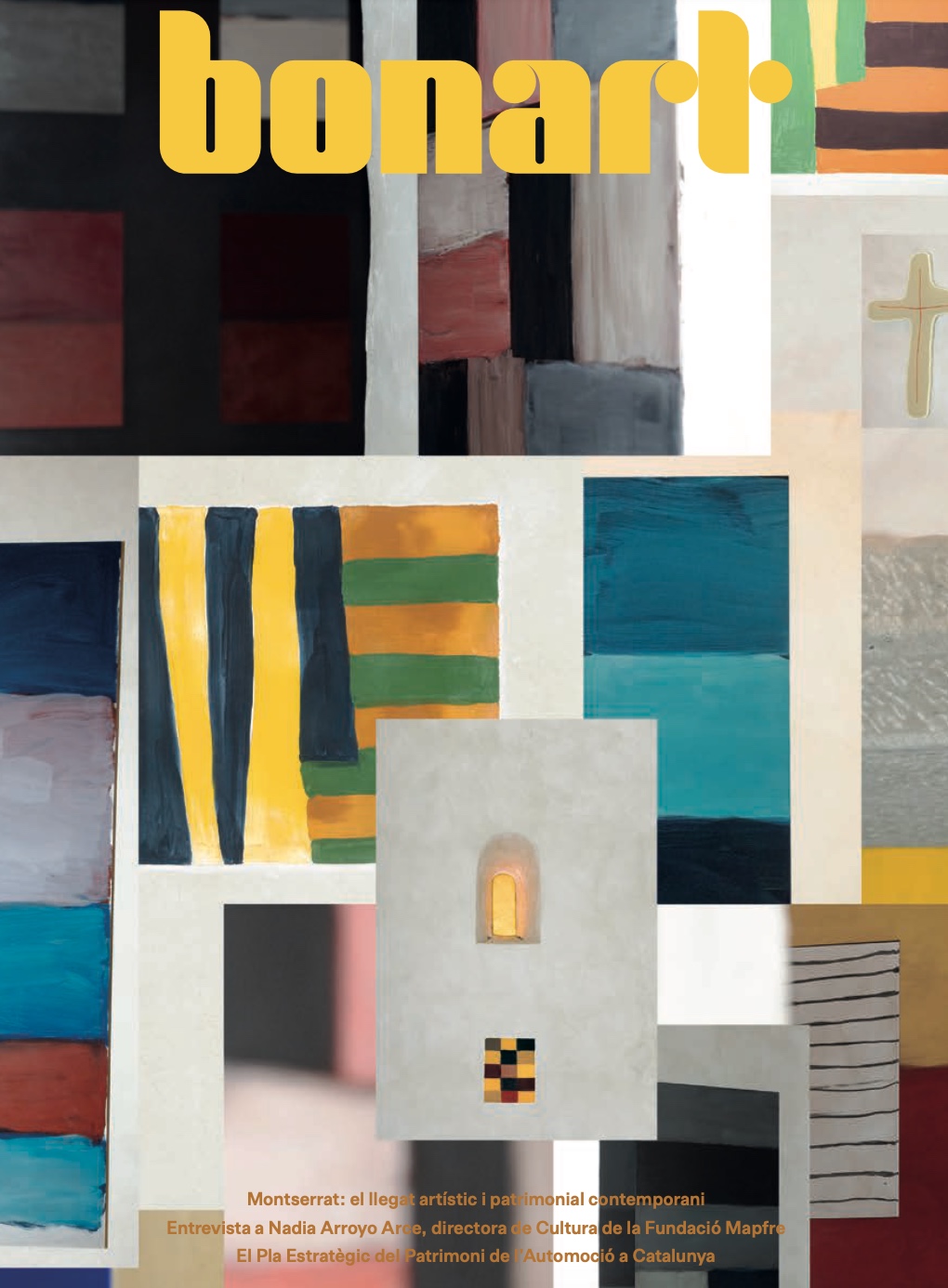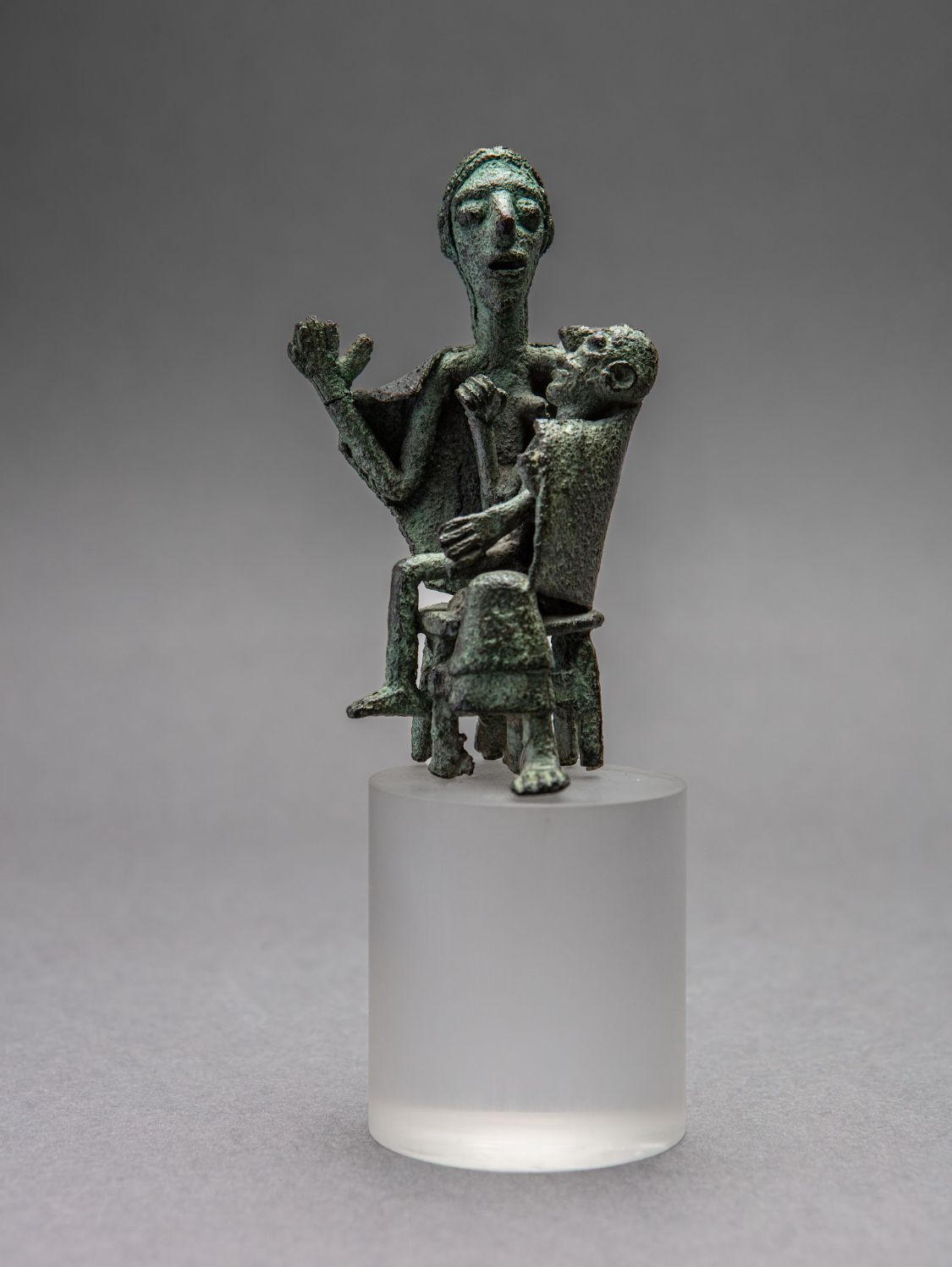News
Sergi Botella takes over from Hangar
A proposal focused on working conditions, proximity and sustainability of artistic processes.
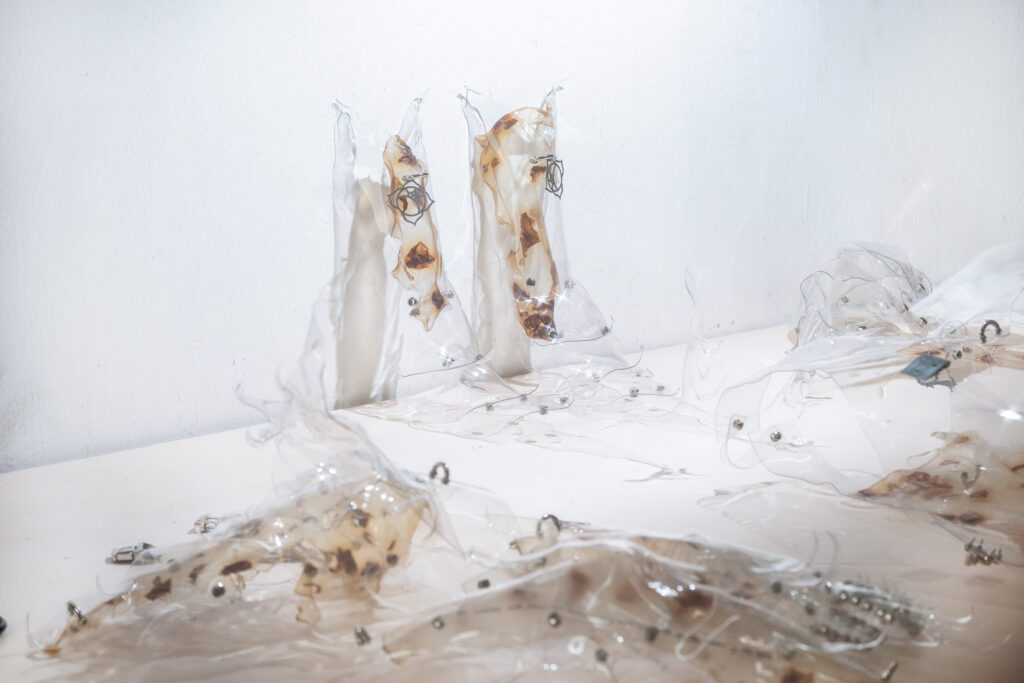
Sergi Botella Llongueras (Terrassa, 1976) will be the new director of Hangar , a center dedicated to artistic production and research. An artist and cultural manager with a career closely linked to the same space, Botella begins this stage with the aim of focusing on the day-to-day lives of artists, working conditions and the need to review institutional roles from a logic of proximity and collaboration. His project is based on a horizontal and pragmatic approach, with the aim of ensuring the continuity of the center and, at the same time, promoting coexistence that places care and active listening at the center.
The appointment has been made official for the period 2025–2029, following a selection process that received 16 applications and closed with five finalists. The jury was formed by the Board of Directors of the aaVC Private Foundation —with Daniel Steegmann , Carlos Almela , Lucía Egaña , Olga Subirós , Núria Güell , Eva Fàbregas , Laura Benítez Valero and Claudia Segura —, and also had the participation of Xavier Sánchez Ruiz , lawyer and legal advisor of Hangar (with voice but no vote); Marc Pinedo , representing ICUB; Tere Badia , as independent expert; Eulàlia García Valls , as spokesperson for the collective of (former) residents; and Antonio Gagliano , representing the center's team —all four with voice but no vote. The jury especially valued Botella's ability to understand and respond to the center's context. Her previous experience with mediation and research projects within Hangar itself has been a key point.
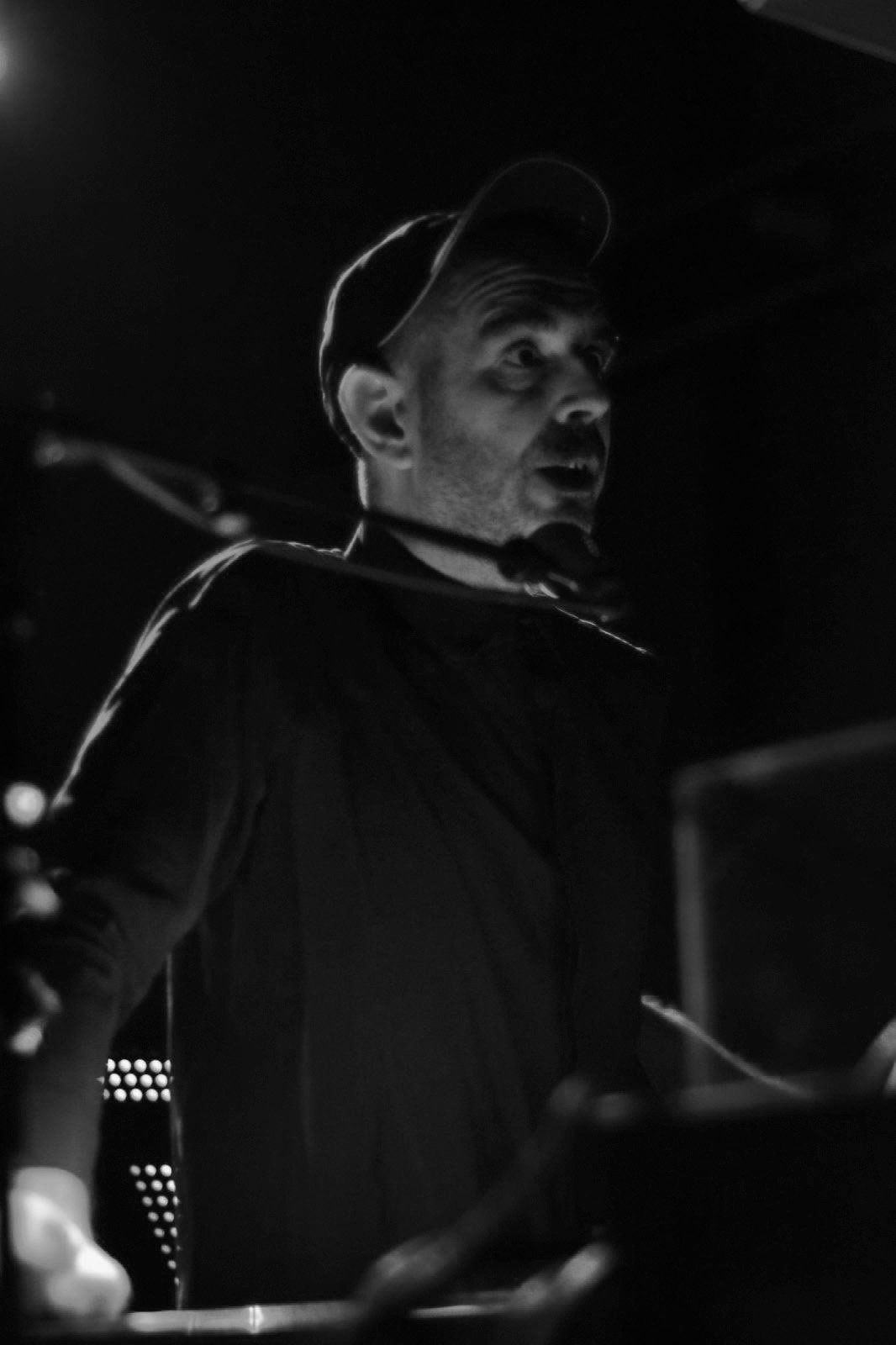
With one foot in artistic practice and the other in management, Botella has been involved in exhibitions such as Composició de Lloc, cluBS or You got to get in to get out, always with an interest in self-representation, electronic music and collaborative formats. From this perspective, he wants to continue strengthening technical services, improve working conditions and prioritize a structure that provides real support for creative processes.
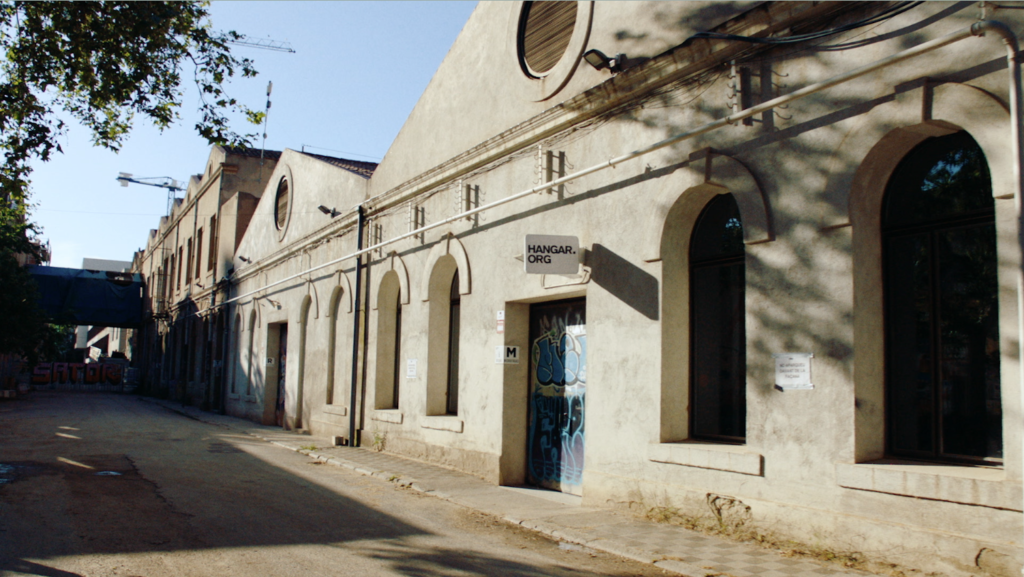
The handover follows Anna Manubens 's time as director, a period in which the centre experienced significant changes. During her management, transformations such as the reform of the statutes, the launch of the Office of Good Governance and the drafting of a code of ethics were activated. She also promoted the start of work on one of the buildings and enhanced the research and international dimension of the project.
Hangar maintains its commitment to comprehensive support for artistic practices, offering spaces, tools and context for production in all its phases. For years, the center has been working in a network and committed to models such as free software, do it yourself and do it with others, always with a critical and open will to issues such as technosciences, ecological transition or power structures. With this new cycle that is now beginning, it seems clear that continuity will not be synonymous with immobility, but with active listening and commitment to the underlying processes.



